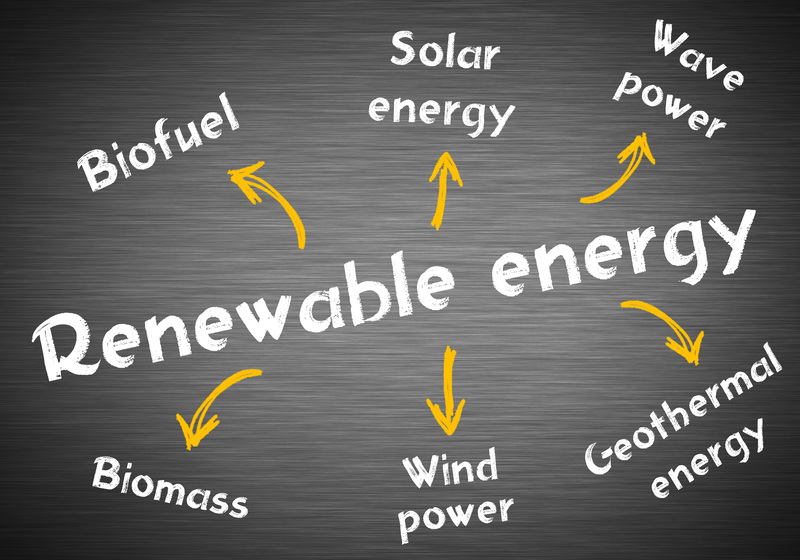Eco-friendly Approaches to Hard Rubbish Disposal
In today's world, the importance of eco-friendly approaches to waste management has become more pronounced than ever. One area that often poses challenges is the disposal of hard rubbish--those large items that do not fit into standard bins. With landfill space becoming increasingly scarce, finding environmentally sustainable methods for hard rubbish disposal is crucial. This article explores various strategies to manage these bulky waste effectively, ensuring our actions contribute positively to the environment.
Understanding Hard Rubbish
Before delving into disposal methods, it is vital to understand what constitutes hard rubbish. Generally, it includes large household items such as old furniture, mattresses, appliances, and electronics. These items, often called bulky waste or hard waste, require special consideration due to their size and material composition.
Challenges in Hard Rubbish Disposal
There are several challenges when it comes to disposing of hard rubbish:
- Difficulty in transportation due to size and weight.
- Incompatibility with regular waste management systems.
- Potentially harmful components in electronic waste.
These hurdles make it pressing for waste management systems and individuals alike to seek eco-friendly solutions.

Eco-friendly Disposal Methods
Fortunately, there are various sustainable options for managing hard waste. Here are some of the most effective methods:
1. Reuse and Repurpose
The principle of reuse and repurposing not only minimizes environmental impact but also breathes new life into old items.
- Furniture: Old furniture can be refurbished and used again.
- Appliances: Some appliances may only need minor repairs to become functional again.
- Creative Projects: Materials from hard rubbish can often be used in diy projects, turning waste into functional or artistic items.
2. Donation
If items are still in usable condition, donating them is a noble and eco-friendly choice. Many organizations welcome furniture, appliances, and electronics for those in need. Donating extends the life cycle of goods and provides them to others who may find them valuable.
3. Recycling
Recycling technologies have come a long way, allowing for the conversion of hard waste into raw materials for new products. Here's how:
- Electronics Recycling: Specialized facilities can extract precious metals and other materials from old electronics.
- Wood and Metal Recycling: Items made of wood or metal can be broken down and processed into new materials.
4. Utilizing Local Council Services
Many local governments offer special collection services for hard waste, often at no extra cost. These services ensure proper disposal, diverting rubbish from landfills and directing it towards recycling centers.
5. Hiring Eco-friendly Disposal Services
There are companies dedicated to environmentally responsible disposal of hard rubbish. These companies ensure the items are processed in the most sustainable way possible, often including recycling and donating usable items.

Why Choose Eco-friendly Disposal?
The ecological benefits of adopting these methods are substantial:
- Reduced Landfill Waste: By choosing to recycle or repurpose, landfill usage is minimized.
- Preservation of Natural Resources: Recycling helps in conserving raw materials, reducing the demand on our planet's resources.
- Decreased Pollution: Many hard rubbish items contain components that can leach harmful substances into the environment if not managed correctly.
Environmental Responsibility
Our environment is a shared resource, and managing waste sustainably is an integral part of our responsibility toward future generations. Implementing these eco-friendly practices helps in preserving our planet.
Conclusion
Eco-friendly disposal of hard rubbish not only makes logistical and economic sense but is also a critical component of sustainable living. By rethinking our approach to bulky waste--not just as trash but as a potential resource--we take a significant step towards environmental stewardship.
Recycling, reusing, donating, and partnering with local councils and eco-friendly businesses are effective strategies for responsibly managing hard rubbish. As individuals and communities, we must continue to embrace innovative waste management practices to foster a healthier, more sustainable future.